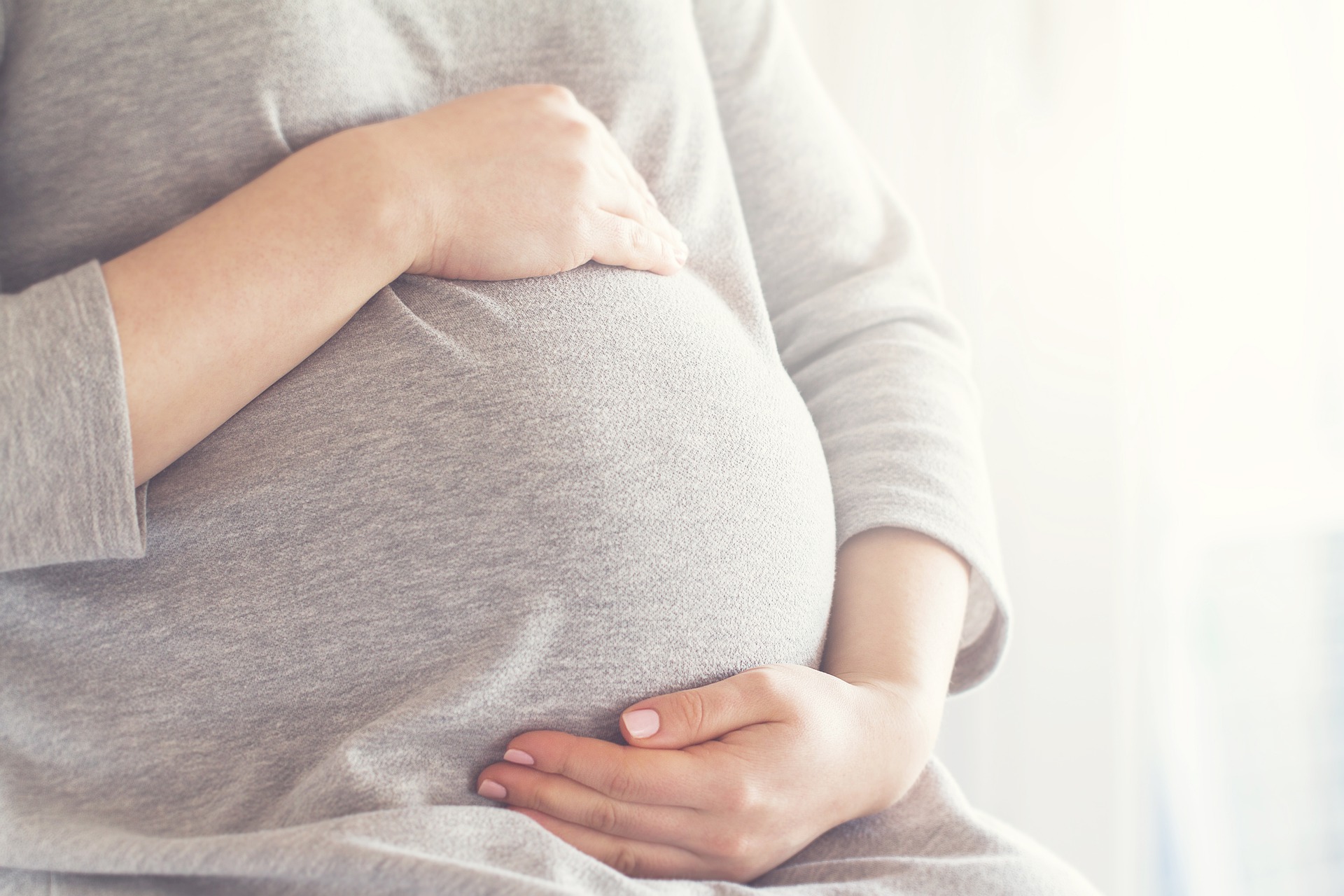News release
From:
The extended perinatal mortality rate for women who gave birth within 28 days of a COVID-19 diagnosis was 22.6 per 1,000 births, compared with a background rate of 5.6 per 1,000 births in Scotland, according to a nationwide study published in Nature Medicine. The findings also reveal that severe complications known to be associated with COVID-19 in pregnancy — including critical care admission and perinatal mortality — were significantly more common in women who were unvaccinated at the time of diagnosis than in vaccinated pregnant women.
Pregnant women do not seem to be more susceptible to SARS-CoV-2 infection than are non-pregnant women, but they are at higher risk of severe COVID-19 disease. However, population-level data on COVID-19 vaccine uptake in pregnancy and SARS-CoV-2 infection outcomes are lacking. To address this, Sarah Stock and colleagues analyzed data collected by the COVID-19 in Pregnancy in Scotland study — a national cohort of all women who were pregnant on, or became pregnant after, 1 March 2020, linked to SARS-CoV-2 infection data and COVID-19 vaccination data. The database tracked 144,546 pregnancies in 130,875 women from 1 March 2020 to 31 October 2021.
The authors found that vaccine coverage was substantially lower in pregnant women (32% in women who gave birth in October 2021) than in the general female population between 18 and 44 years of age (77%), and the percentage of pregnant women vaccinated each month has decreased since August 2021. For vaccinated women, extended mortality rates were similar to background rates among women with no confirmed infection. 77% of SARS-CoV-2 infections and 98% of SARS-CoV-2 infections associated with critical care admission, as well as all baby deaths, occurred in pregnant women who were unvaccinated at the time of COVID-19 diagnosis.
The authors conclude that women should be vaccinated during pregnancy to avoid adverse maternal and neonatal outcomes associated with COVID-19. The authors emphasize the need for continued efforts to increase vaccination uptake in pregnant women.



 International
International



